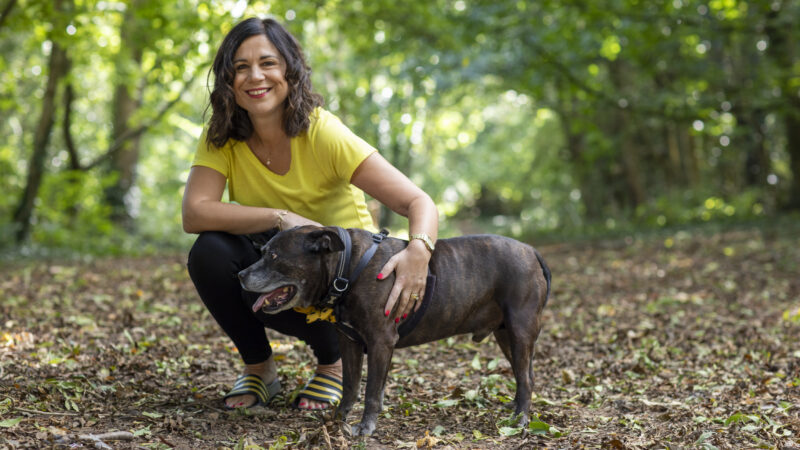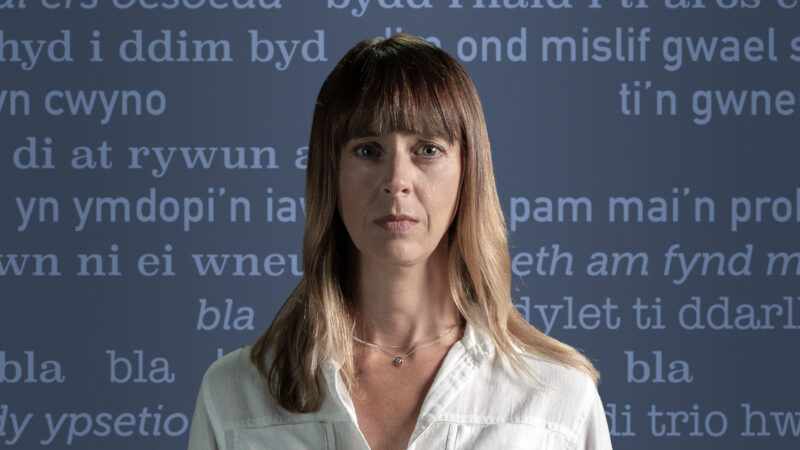Personal Independence Payment (PIP)
If you qualify as a disabled person according to the Equality Act 2010 you may be entitled to Personal Independence Payment (PIP).
This is an additional payment from the Government to help you cover the extra costs associated with being disabled or having an impairment, whether or not you are in work.
PIP is not means-tested, so you can still go to work and get PIP, and it doesn’t matter how much you earn.
For example:
- If you have severe endometriosis or adenomyosis, and suffer from heavy and prolonged bleeding, you may need extra period products to prevent leaking. You may need to wash your clothes more often, which means buying more laundry detergent and higher electricity bills.
- If endometriosis affects your bowels, you may need to spend money on a special toilet seat and extra toilet paper.
- If you suffer from extreme fatigue you may need to spend money on taxis to get you to work rather than queuing and standing on public transport.
- If you are not able to work, you may be able to claim for Universal Credit support. For more information about Universal Credit, Personal Independence Payments, or benefits in general, you may wish to visit the UK Government website.
You can seek help with claiming benefits from Citizen’s Advice or Welfare Rights in your local authority (council) if they provide such a service.
This information is not intended to constitute and should not be used as a substitute for legal advice on any specific matter. No liability for the accuracy of the content of this website, or the consequences of relying on it, is assumed by the author or NHS Wales. In addition providing links to other sites does not indicate approval, endorsement or guarantee the correctness of the information available on these sites.

